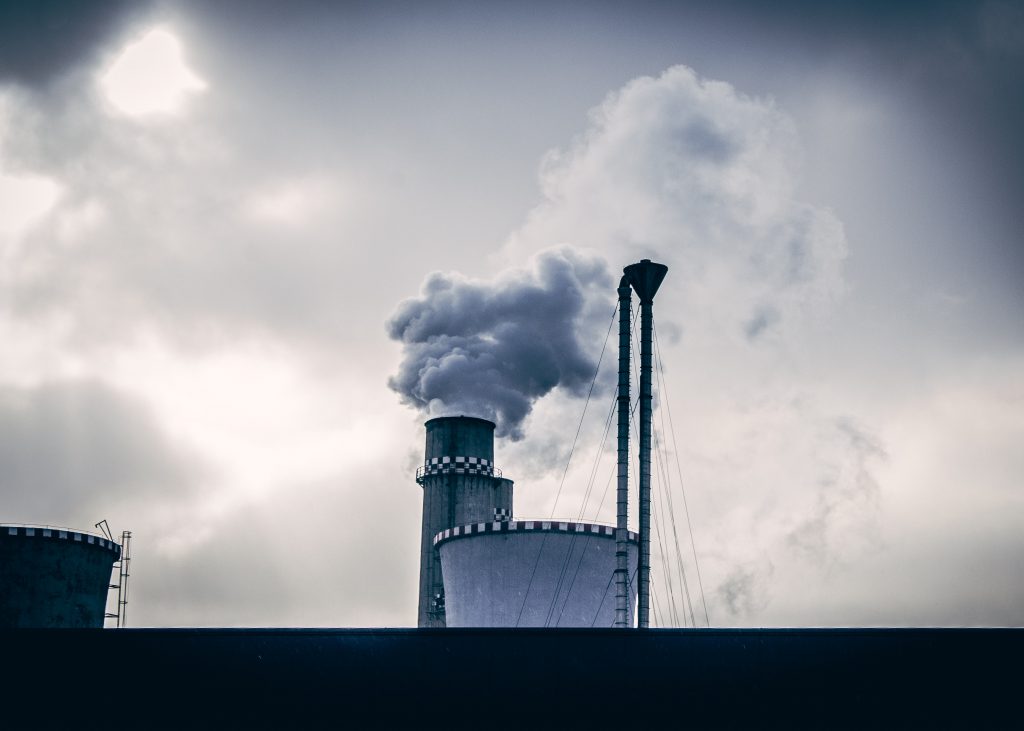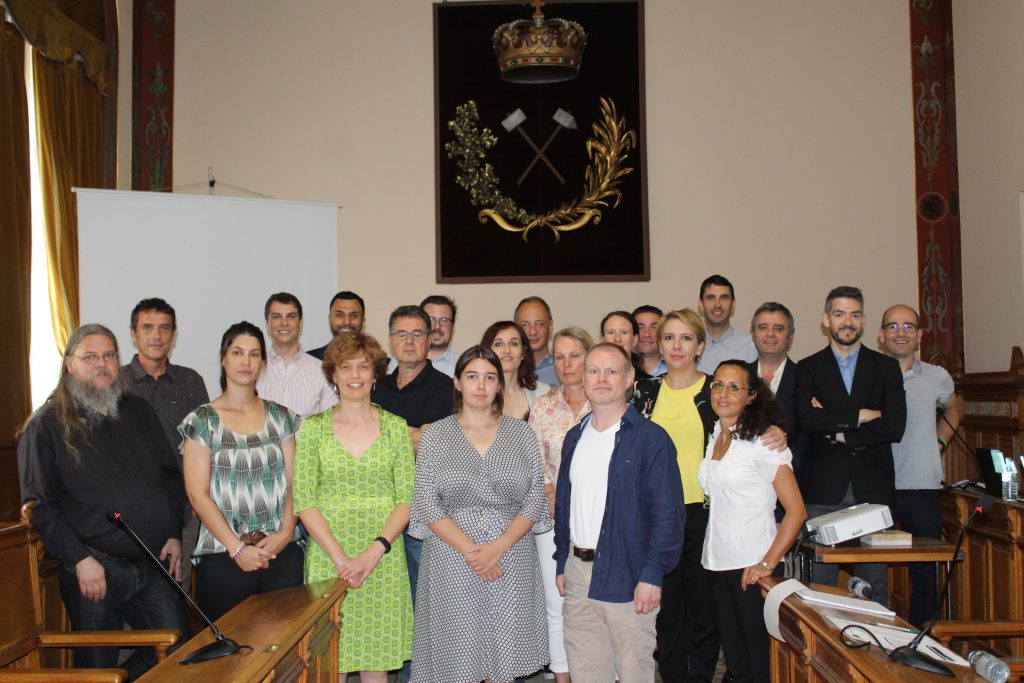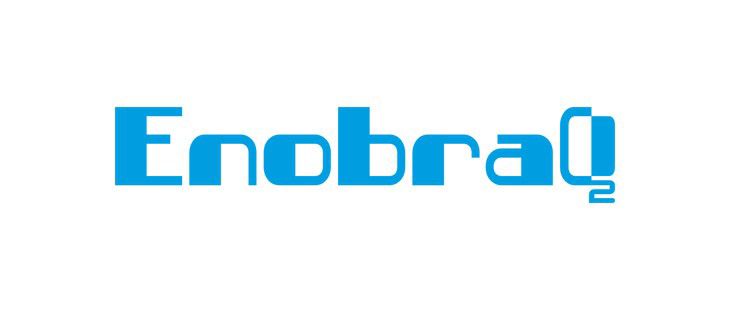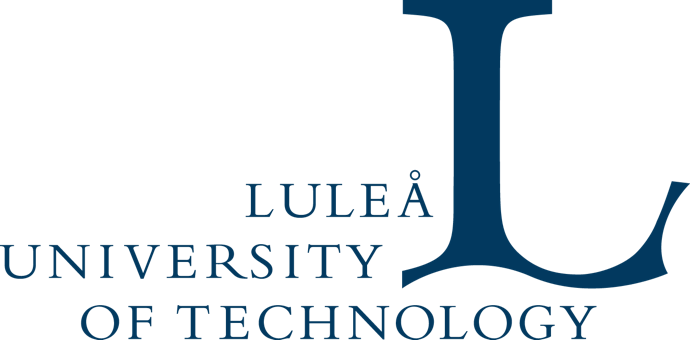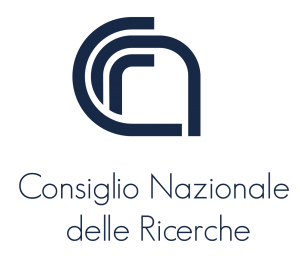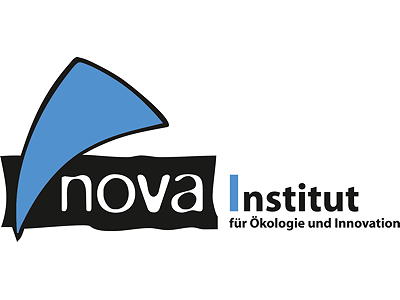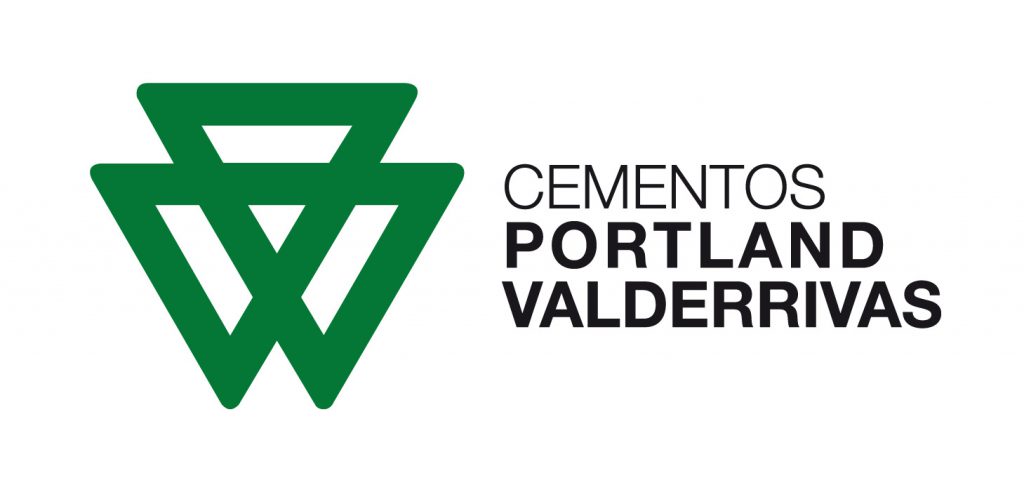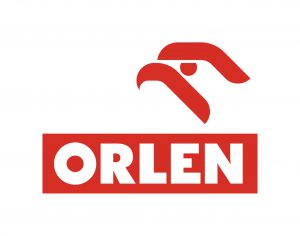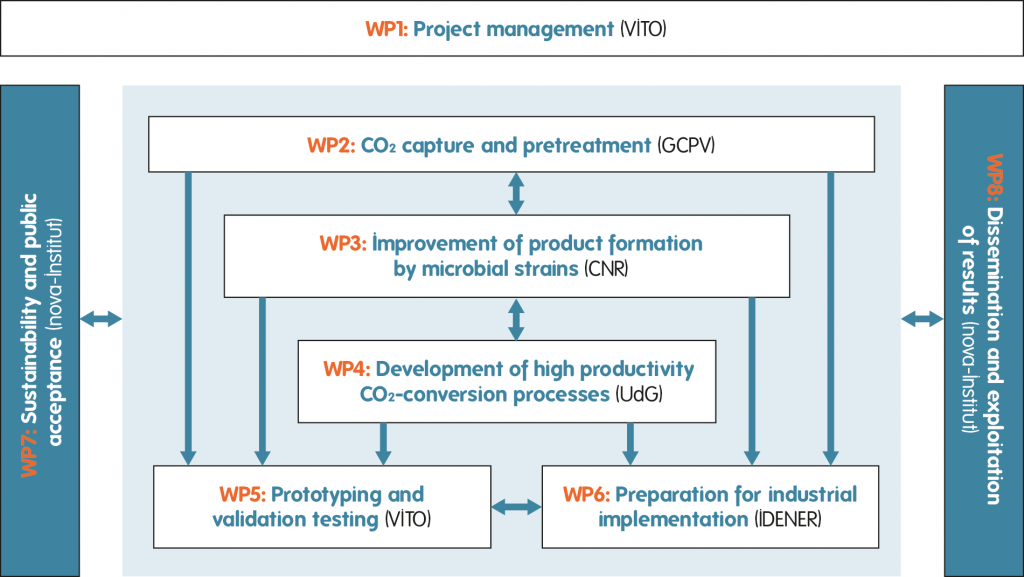Greenhouse gas emissions could cause global average temperatures to increase by 4°C or more by 2100 and by 1.5 to 2 times as much in many midcontinent and northern locations. These emissions are strongly linked to the current (>90%) fossil-based processes to produce chemicals and materials. Since carbon is an essential constituent in many chemicals and materials, the chemical industry thus faces the long-term challenge to move towards a CO2 neutral rather than a carbon-free world and efforts are undertaken to broaden its feedstock basis. While biomass is increasingly being used, CO2 and renewable energy are the only abundant sources of energy and carbon on the long term and the ultimate sustainable resources in the circular economy. Therefore, carbon capture and the utilization via microbial conversion into valuable platform chemicals is combined within BioRECO2VER to set a representative base for a future much wider range of products and applications.

